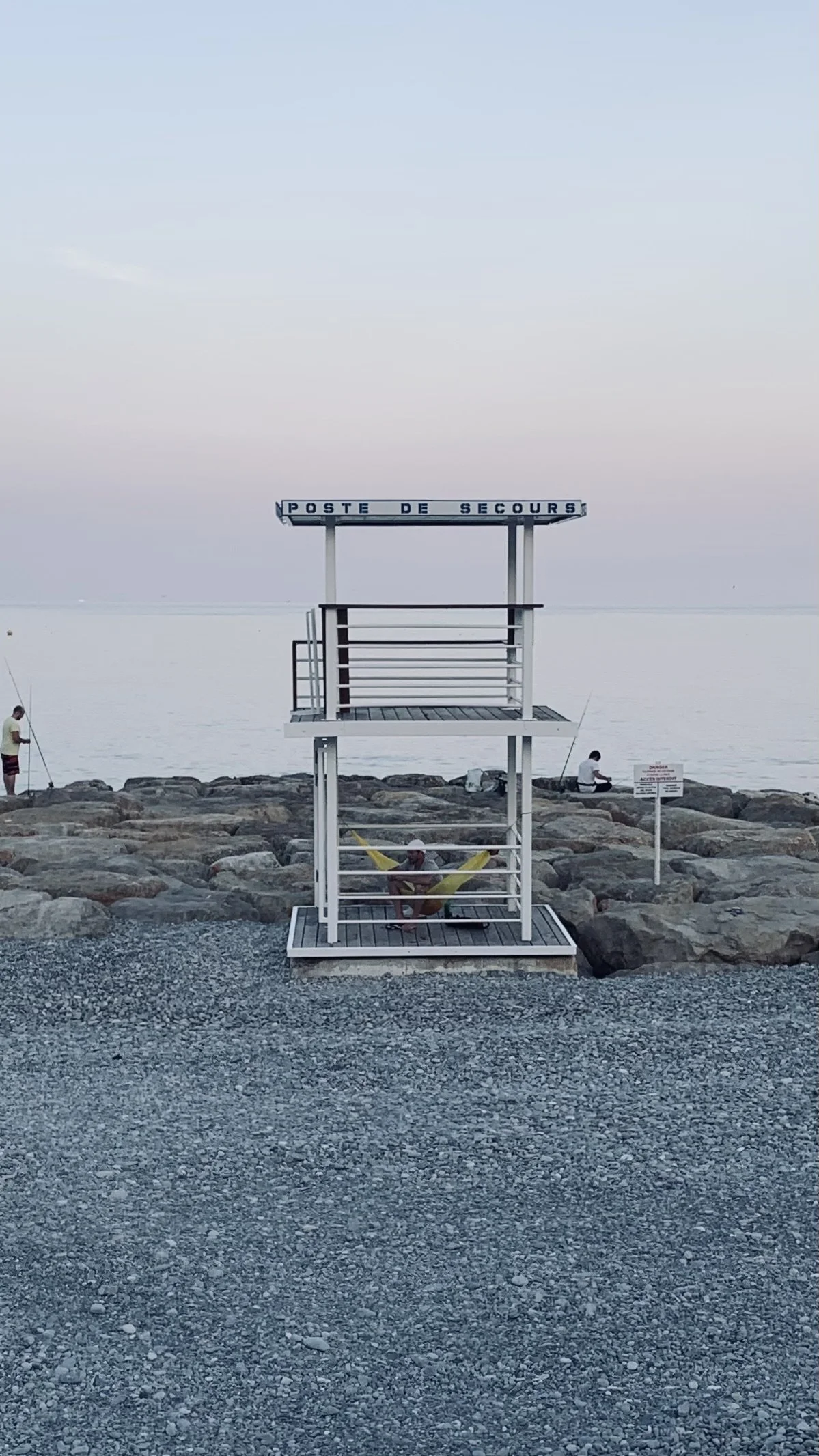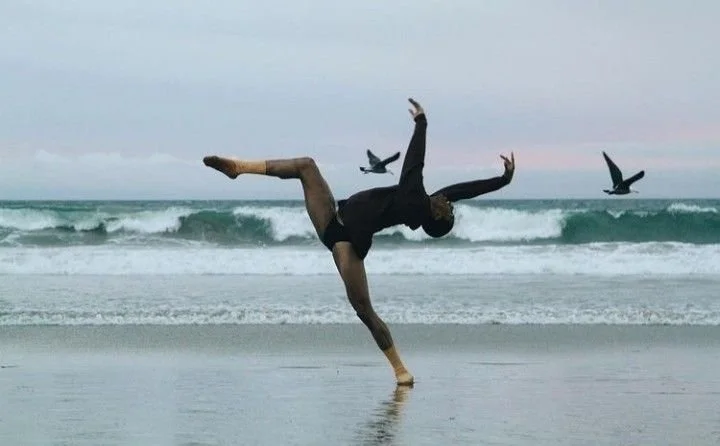Unknown Unknowns
“…there are known knowns; there are things we know we know…there are known unknowns; that is to say we know there are some things we do not know. But there are also unknown unknowns—the ones we don't know we don't know.”
- Donald Rumsfeld
That’s a whole lot of knowns to cold-open with. Does your head hurt? Mine too. Now, let's forge ahead into the unknown together.
Earlier this year, around the time of all that tariff-talk, "unknown unknowns" was everywhere. I noted it down and moved on, not really sure why it stuck with me.
Then the penny dropped during a systems-thinking course I'm taking with IDEO U: We're obsessed with treating uncertainty as something new or solvable, when actually we always exist in uncertainty. It's the standard framework for existence.
The more we optimise for certainty and control - tracking uber eats to our doorsteps, asking ChatGPT for instant ideas, eliminating every last remaining drop of friction - the less equipped we become to handle uncertainty. We've created an unhealthy relationship with not knowing.
But uncertainty isn't always something to fix. It can be a signal to explore and get curious.
So how might we learn to work with it, not against it?
WTH is an UNK-UNK?
First, let's unpack this wordy little phrase.
While Rumsfeld popularised it in 2002, the idea has older roots - from 1960s NASA and Lockheed (who adorably called it "unk-unk") to Aristotle to ancient proverbs across cultures the world over.
In essence, the term and framework applies to any situation where we're trying to make decisions without complete information…which is, well, always.
Known knowns: Things we know we know (your brand's core values, your customer demographics) Known unknowns: Things we know we don't know (next quarter's actual sales figures, how a campaign will really perform) Unknown unknowns: Things we don't even know we don't know (the pandemic, TikTok's rise, your main competitor pivoting seemingly overnight).
It's that last category that tends to derail our best-laid plans. You might also know it as a Black Swan event. The stuff that blindsides us because we couldn't even imagine it was a possibility.
So now you know…
Complexity on a Continuum
For most brands, businesses and projects, unknown unknowns isn't necessarily a black hole of entirely uncharted territory,1 it's more like insanely high complexity and people being extra people-ey. All dials turned up to 11.
But in either case, the following approach to navigating it is very much the same.
The first hurdle: complexity. That thing we generally lament or try to avoid. The amount of times I’ve heard “this company is too complex” or “the problem is so complex, it’ll never change” I mean, I’d be megarich by now or something.
But complexity isn’t a binary on/off switch, it always exists - just on a continuum.
What does that mean? Complexity is a product of people and uncertainty. People are complex by definition (hopes, dreams, fears, aspirations, experience) and uncertainty? That depends. It can show up when there’s too much information to deal with and also when there’s too little to help us map the lay of the land.
Uncertainty always exists (no matter how hard we try to pretend it doesn't) so complexity is never really at zero. Time for us to accept complexity as a statement of fact vs. something else to solve first.
Complexity accepted, what now?
Nice, France - 2023
It is our very human and normal trait to prefer certainty.
But since the only certainty is uncertainty, perhaps the answer isn’t clinging on for dear life to traditions, and the known, but instead learning how to recognise uncertainty and respond to change dynamically.
In other words: Don't panic, adapt.
And how do we do that?
Intuition: Yes really, it’s underpinned by intuition. Developing an awareness of your gut instinct and trusting it. Instead of crowdsourcing the next steps or drowning in data (hello even more uncertainty), the first step is figuring out what signals we’re picking up that others might be missing.
Sidebar: what do we think the downstream impact of AI-useage will be on intuition?
Purpose: Can you clearly articulate the why of your project pre-unknowns? If not, it’s going to be pretty damn hard to know what successful looks like, or to get any stakeholders/friends onboard or sponsors for support. When everything dives into the unknown unknown, having a handle on your purpose will help to stay on the right path. Or a path.
Simplicity: Ok, so this one might land as telling a depressed person to ‘think happy!’ but there’s a truth to the notion that we tend to over-complicate the complex in pursuit of a solution. Instead of coming up with work-arounds to work-arounds, we need to reprioritise the one thing that actually matters.
So trust your gut, get back to that purpose and strip everything back to the basics. What's the one thing your audience needs right now? What's the single most important change your brand needs to make?
To the drawing board
Poste de Secours, Nice - 2023
Now map out what you do know.
Unknown unknowns and ultra-high complexity can get us into a situation where we’re paralysed and don’t know where to start. Like staring at a blank piece of paper and it staring back at you: what does it want from me?
To draw!
Marking out what we do know with pencil on paper is the foundation of systems thinking in action. In doing so, we can visualise physically what we do know. Et voila! We can more easily see where our gaps of info lie, and can tap into all the questions that come up to the surface - they’re totally normal and highlight who to chat to next.
By zooming out we can see where we need to zoom in.
Make a friend and dance it out
Chat to people.
Ask them questions about the map you drew out or better yet - ask them to map out how what they know about the system. Now you have two perspectives on the same system and can potentially close some gaps or underscore that yes, others don’t know about this thing too.
You are now on your way to graduate from uknown unknowns to known unknowns.
Congrats.
Dance it out via Ayla Fernández Pinterest
"The only way to make sense out of change is to plunge into it, move with it, and join the dance."
- Alan Watts
If you take away only one thing today, let it be this: unknowns and uncertainty are normal, and a sign to collaborate.
And for that we need to trust our gut, articulate the why, strip it back to the basics and draw out what we know today. It is the act of curious discovery and co-creation that helps us navigate the very normal, very eternal complexities of the unknown.
Adapt, don’t panic.






